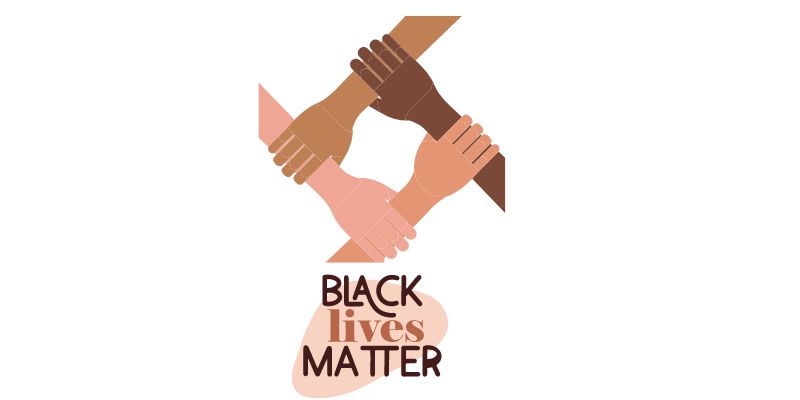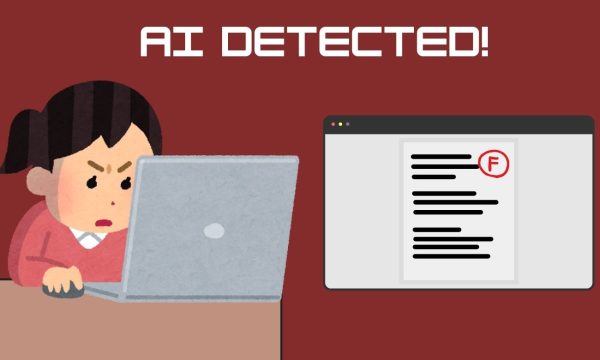Memphis police officers face murder charges after fatal beating of Tyre Nichols
On Jan. 7, in Memphis, Tennessee, police attacked Tyre Nichols, a 29-year-old Black man and father to a four year-old son. He was pulled over for alleged reckless driving. This group of officers were in the Memphis Department’s SCORPION unit, which stands for Street Crimes Operations to Restore Peace in Our Neighborhoods. The SCORPION unit was permanently disbanded by the Memphis Police Department after the release of body cam footage of Nichols’ arrest.
The video shows officers aggressively pulling Nichols out of his car within seconds of the stop. Nichols is heard telling the officers that he didn’t do anything wrong, but they respond with threats and force. When Nichols tries to flee, the officers tackle him to the ground and brutally attack him, using punches, kicks, a taser and a baton.
“I am just trying to get home.”
These are the last words heard on the footage from Nichols. He died three days later in the hospital. He suffered extensive internal bleeding from the beating, according to preliminary results of an autopsy commissioned by attorneys for his family. The family also reported that he was beaten to the point of beyond recognition.
Former officers Demetrius Haley, Desmond Mills, Emmitt Martin, Justin Smith and Tadarrius Bean were fired Jan. 20 and are being charged with murder. Three Memphis Fire Department employees who were present at the site of the arrest have been fired as well. This is due to their negligence to assist Nichols with medical help. In the footage paramedics arrive at the scene, only to talk with the officers as they tell the paramedics Nichols was on drugs and running away. It can be seen in the footage there was no immediate assistance to help Nichols. The paramedics Robert Long, JaMichael Sandridge and Lt. Michelle Whitaker are under investigation to reveal whether or not they too are at fault for the death of Nichols.
All five officers involved in the attack plead not guilty on Feb. 17. The next hearing for the trial is May 1. Judge James Jones Jr. said in court Friday:
“We understand that there may be some high emotions in this case, but we ask that you continue to be patient with us. The state of Tennessee as well as each one of these defendants have an absolute right to a fair trial, and I will not allow any behavior that could jeopardize that right.”
According to Bean’s lawyer, John Keith Perry, Bean was doing his job “more or less.” He believes the public should not jump to conclusions from the footage.
Mills lawyer, Blake Ballin, said:
“Let’s not forget that my client is a Black man in a courtroom in America, much has been said about the ways this system failed Mr. Nichols. I will work tirelessly to make sure that the system does not fail Mr. Mills and that a fair outcome is achieved.”
Ballin said there is a valid demand for change in how the criminal justice system treats Black men, and that Mills is at risk of becoming a victim.
A 2017 study found that Black men receive sentences that are on average 20% longer than white men for similar crimes. This makes this case a controversial one, considering the political ties between police brutality and minorities facing harsher sentences than their white counterparts.
Another chilling statistic to consider is 32% of the US population is represented by African Americans and Hispanics, compared to 56% of the US incarcerated population being represented by African Americans and Hispanics.
Derek Chauvin, the white officer that killed George Floyd, was sentenced to 21 years. However, in that attack Chauvin pinned Floyd’s neck, Alexander Kueng held Floyd’s back, Thomas Lane held his feet and Tou Thao kept bystanders back during the killing, which was recorded by bystanders. The other three officers in cooperation with the killing of Floyd were sentenced from three to three-and-a-half years in prison.
.
Will the justice system reveal what it has learned from the police brutality attack on Floyd? Will all the officers involved get a fair trial? These factors put this case under immense scrutiny.
The case gets more complex when we take state laws into consideration. Minnesota Statute 609.19 states that anyone who is found guilty of second-degree murder may be sentenced to imprisonment for no more than 40 years. On the other hand, Tennessee has penalties for second degree murder from 15-60 years and it is exempt from the death penalty.
This case sheds light on the issue of police brutality, particularly against minorities. The Sentencing Project reports that Black men are almost three times as likely to be killed by police as white men. In addition, Black men are more likely to experience police use of force, including non-lethal force such as tasers, pepper spray and physical restraint.
Despite the fact that all officers involved in Nichols’ beating were Black, it is important to remember that police brutality is not about the skin color of the person in uniform, but about the abuse of authority and power against minorities. The Black Lives Matter movement and the fight for justice for Nichols serve as a reminder that minorities matter and should be protected from police brutality.
As the city of Memphis awaits the trial and the potential sentencing of these officers, it is crucial to consider the disproportionate risk of police brutality and death faced by minorities at the hands of police officers. This highlights the continuing racial injustice in the United States, with long-lasting implications. The verdict, in this case, could either mark a significant advancement or a regression in the fight against racial injustice.








